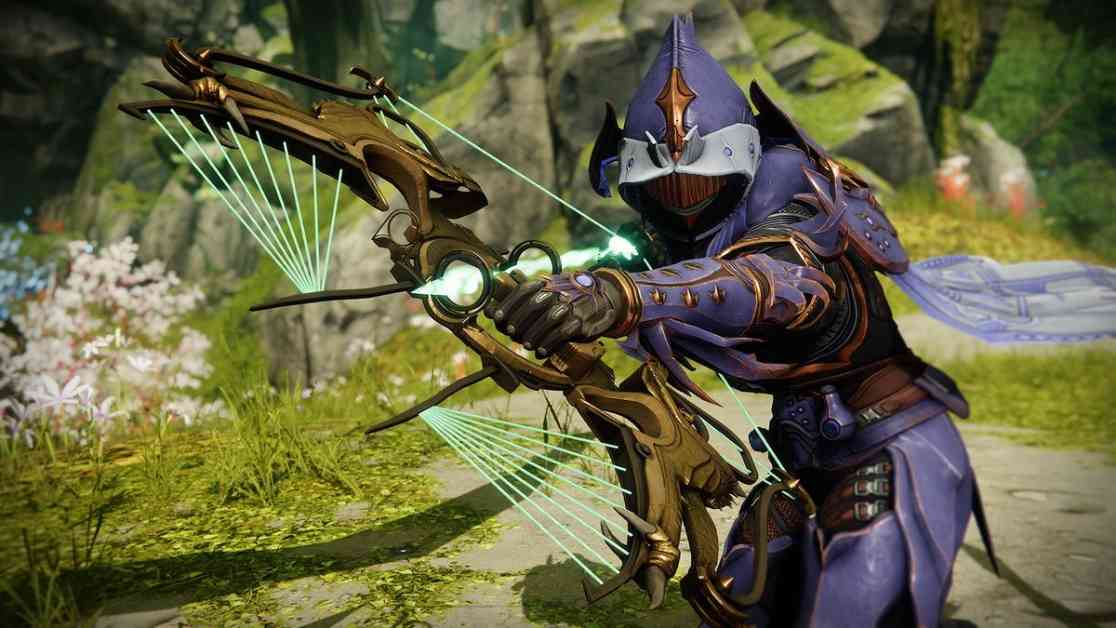Bungie’s Former Lawyer Criticizes Management Failure Resulting in Sony’s Influence
Over the weekend, former Bungie general counsel Don McGowan shared his perspective on the current challenges facing Bungie and the recent changes in Destiny 2. In a LinkedIn post published on Saturday, McGowan expressed his belief that Sony’s influence may have played a role in pushing Bungie to address issues within the game. He noted that while he was not referring to the recent layoffs at the studio, he felt that Sony’s involvement may have prompted Bungie to focus on critical areas such as new player acquisition and overall business management.
McGowan’s comments came in response to Bungie’s announcement of a new content structure for Destiny 2, which will prioritize smaller, more frequent updates over major annual releases. This shift follows two rounds of layoffs at Bungie since the studio was acquired by Sony in 2022 for $3.6 billion. The most recent layoffs, which affected approximately 17% of Bungie’s staff, were described by CEO Pete Parsons as a necessary step to refocus the studio in light of industry changes and economic conditions.
However, McGowan suggested that the ongoing challenges at Bungie are a result of mismanagement by the studio’s leadership. Drawing from his experience as Bungie’s general counsel from 2020 to 2023, McGowan highlighted a disconnect between the studio’s executives and the reality of its new partnership with Sony. He emphasized that some within the company were resistant to change and failed to adapt to the evolving dynamics of the industry post-acquisition.
According to McGowan, the decision-makers at Bungie were reluctant to acknowledge the need for strategic adjustments and continued to operate as if they were still an independent entity. He criticized the studio’s leadership for being out of touch with the demands of running a successful franchise and for prioritizing their own interests over the long-term health of the company. McGowan pointed out that the resilience of Bungie can be attributed to the talent within the organization beyond the executive level.
In contrast to the internal challenges at Bungie, McGowan commended the new direction for Destiny 2 as a step towards running the game as a franchise rather than catering solely to a niche audience. He underscored the importance of adapting to industry trends and focusing on sustainable growth strategies to ensure the longevity of the game.
While McGowan’s candid assessment of Bungie’s management failures sheds light on the studio’s internal struggles, it raises concerns about the impact of Sony’s influence on the overall direction of the company. The recent layoffs and strategic shifts at Bungie suggest a period of transition and reevaluation for the studio as it navigates the complexities of its partnership with Sony.
In conclusion, McGowan’s insights provide valuable perspective on the challenges facing Bungie and the necessity of effective management in the gaming industry. As Bungie continues to evolve and adapt to new demands, the role of leadership and strategic decision-making will be crucial in shaping the studio’s future.
















